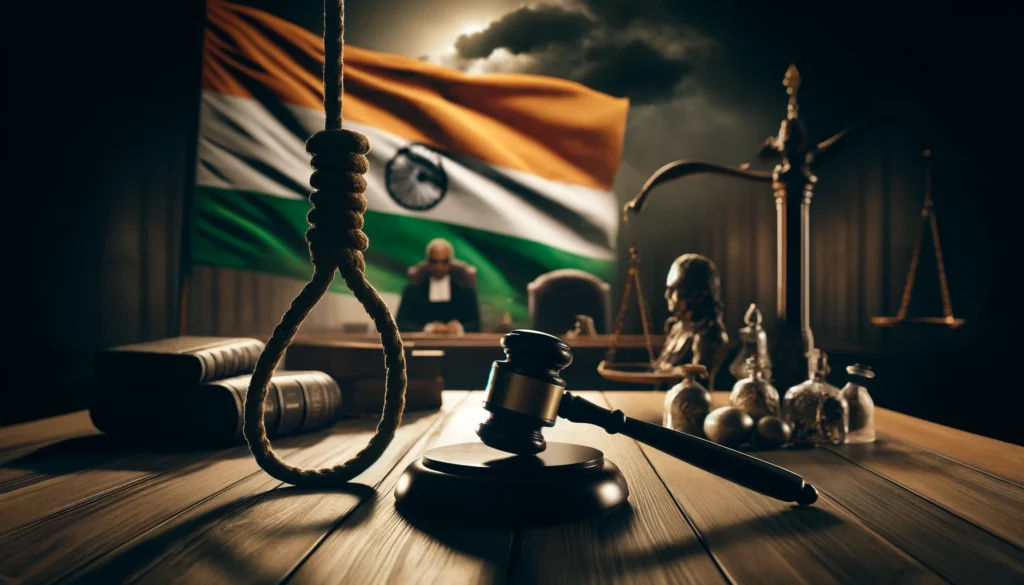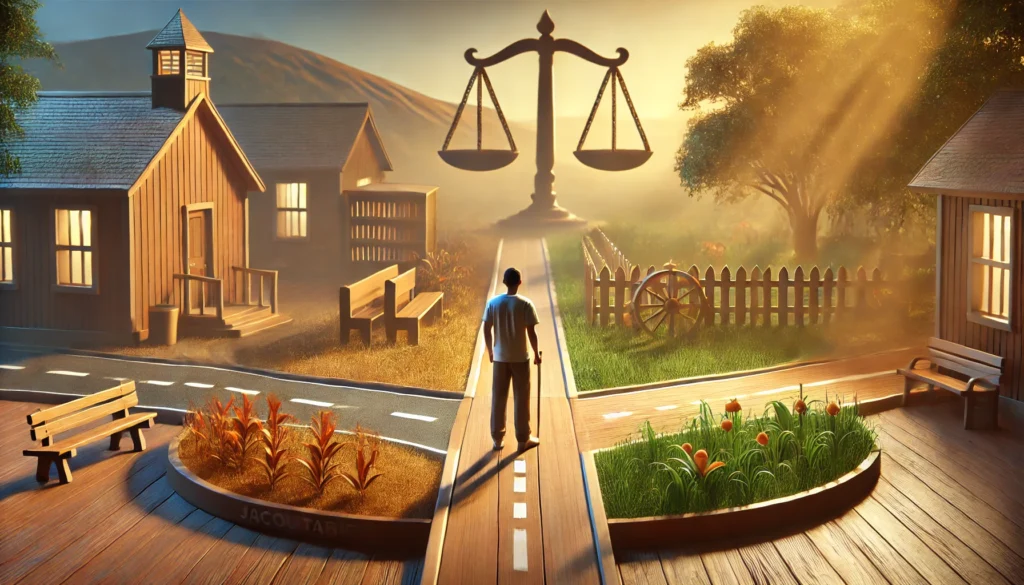Published on 25th March 2025
Authored By: Aishwarya Uniyal
UPES
INTRODUCTION
The reputation of any person is considered to be their valuable property and everyone has a right to protect their reputation vested with them.
Defamation means any oral or written statement which is made by a person which damages the reputation of another person.
This right is vested with an individual against the whole world and hence is a jus in rem.
Defamation is of two types- written (libel) and oral (slander).
DEFAMATION LAWS IN INDIA
Defamation falls in the ambit of both civil and criminal laws.
Under civil law, defamation is generally governed by Law of Tort as it is a civil wrong which is not exclusively a breach of trust or a breach of contract.[1] The compensation for defamation can be unliquidated damages meaning it is at the discretion of the court depending upon the facts and circumstances.
Under criminal law, defamation is governed by Section 499 and 500 of IPC (which is now Section 354 and 355 of BNS respectively) which sanctions a punishment of up to 2 years with fine.
Fundamental Rights (Article 19(1) and (2)) of The Constitution of India protects citizens from any hate speech in order to maintain public order and tranquillity.
ELEMENTS OF DEFAMATION
- The statement must be defamatory
- The said statement must directly refer to the plaintiff (must not be ambiguous)
- The statement must be published.
LEGAL ISSUES
Defamation of class of people is not considered defamation. One particular person who have same or similar attribute to that statement cannot file a suit in the court of law as it does not directly refer to that person.
The fundamental right guaranteed by The Constitution of India ensures that all citizens shall have the right to freedom of speech and expression.[2]
RELEVANT SOURCES OF LAW
Article 19(1) guarantees Freedom of Speech to every citizen of India subject to certain reasonable restrictions with certain reasonable restrictions which is essential to maintain public order and harmony.
The precedent set by the Supreme Court following the laws as stated in The Bhartiya Naya Sanhita, 2023 (previously The Indian Penal Code, 1860).Following the principle of stare decisis, the Supreme Court sanctions the punishment to the offender on the basis of quantum of defamation and it is binding on the High Courts of all the states and all District and Sessions Courts.
Online defamatory activities are subject to regulations under the IT Act 2000. Section 66A of the IT Act received its downfall after Shreya Singhal v. Union of India (2015). The Supreme Court of India struck down Section 66A of IT Act 2000 for infringing upon free speech in Union of India (2015).
ANALYSIS OF THE SOURCES OF LAW
The Supreme Court upheld the constitutionality of criminal defamation under Sections 499 and 500 of IPC, ruling that the right to free speech does not include the right to harm someone’s reputation.[3]
The Court ruled that public officials and public figures have a limited right to privacy, and reporting on their public life does not amount to defamation unless it is false and malicious.[4]
The Delhi High Court awarded damages in a civil defamation case, reinforcing the principle that reputation is a fundamental right under Article 21.[5]
According to court reports the judges declared that “you cannot employ defamation lawsuits for limiting democratic processes.” This is not done. Due to your public status, you must endure public criticism. State power should never be employed by the government to initiate criminal defamation lawsuits against its political opponents. Suits against government leadership or officials produce an oppressive environment that prevents opposition debates. The court would protect government law officers even after supporting the defamation law if they discovered sustained purposeful actions leading to filing cases.
A prolific journalist faced defamation charges in 2023 because of his publication about corruption issues. When the journalist faced a defamation lawsuit it sparked renewed discussion about how India should manage the relationship between defamation regulations and personal reputation against free expression in democratic systems.[6]
The Court established that the restriction which bans information distribution through computer systems and communication devices does not have reasonable exceptions to freedom of expression protection.[7]
APPLICATION OF LAW TO FACTS
On 1st March, 2023, Mr. X says, “All doctors charge very high fees for any surgery”. Mr. Y, a reputed doctor files a case against Mr. X for criminal defamation stating that he defamed the entire community of doctors. Applying the elements of defamation, here defamation is of the entire class of doctors and is not targeting or referring to any particular doctor, hence the case will be dismissed as defamation of class of people is not defamation. Hence, Mr. X will not be held liable for the criminal defamation under Section 499 and 500 of IPC.
THE ROLE OF MEDIA AND JOURNALISM
We live in a world where the media is entitled to exist and rule over democracy but it also begs the question, is the media ethical?
Such sensationalized reporting and trial by media can often cause reputational damage.
There are statutory guidelines for responsible reporting under the Press Council of India, but they have proved to be inadequate and most media houses need to rely on self-regulation.
DEFAMATORY STATEMENTS BY POLITICIANS AND FREE SPEECH
Defamation lawsuits are often wielded by politicians against their critics, so it was inevitable that the law would be misused.
The courts have developed guidelines which permit public figures to accept criticism however they preserve their right to defend against slanderous or fabricated attacks.
The Modi defamation case filed against Rahul Gandhi led to his conviction and the Supreme Court has yet to decide on it. Since Rahul Gandhi did not specifically mention a particular person rather a class of people, it cannot be considered as defamation as per legislative context however, the discretion lies with the court.
CHALLENGES IN BALANCING FREE SPEECH AND REPUTATION
Every individual has a unique sensitivity to defamatory statements which leads to interpretation differences because something bothering someone else might seem harmless to another person.
Advocates of free speech tend to avoid public statements because legal penalties could result from their statements.
In legal terms defendants need to demonstrate one of two conditions: their statements contained factual elements or their intentions were genuine.
OBSTACLES AND RECOMMENDATIONS TO OVERCOME BARRIERS
Networked Internet operations pose obstacles for Indian officials who aim to apply laws concerning defamation.
News distribution which spreads false information should qualify as defamation only after judges define separate boundaries between intended satire and purposeful harmful conduct and free opinion declarations.
Digital regulations need enhancement since new rules and regulations will improve the management of online defamation.
Digital defamation law application through courts should exclude the use of laws to stop genuine speech publication.
Each digital platform has the authority to delete defamatory content under current rules as long as they safeguard free speech rights.
People must understand digital ethics principles to create appropriate conduct when speaking online.
DEFENCES TO DEFAMATION
- The statement is based on true events or is true in nature.[8]
- Fair comment is made without any malafide intention only expressing opinions.[9]
CONCLUSION
A person cannot initiate defamation lawsuits because they received political criticism which included any allegations. The reputation protection laws function to safeguard individual reputation however their misuse must prevent censorship of political opinions along with press freedoms. Sound judgments about free speech against reputation rights need constant adjustment in the face of growing digital platforms.
REFERENCES
[1] The Limitation of India Act, 1963, No. 13, Acts of Parliament, 1963
[2] INDIA CONST. art. 19, cl. 1., 2.
[3] Subramanian Swamy v. Union of India (2016)
[4] R. Rajagopal v. State of Tamil Nadu (1994)
[5] Ram Jethmalani v. Subramanian Swamy (2006)
[6] Sh. Atma Ram vs The Editor (2013)
[7] Shreya Singhal v. Union of India.
[8] Radheyshyam Tewari v. Eknath (1985)
[9] McQuire v. Western Morning News Co. (1903)



